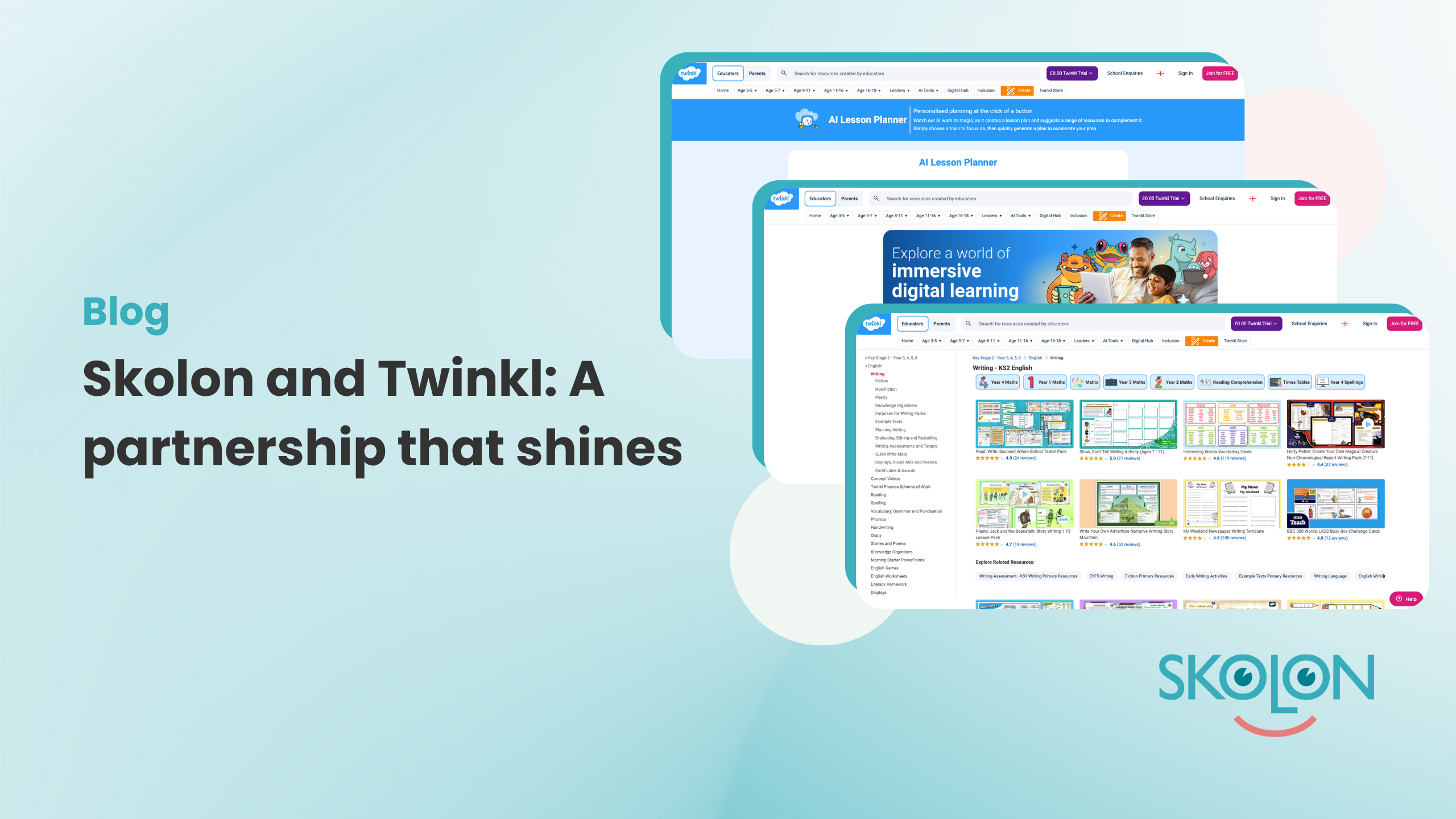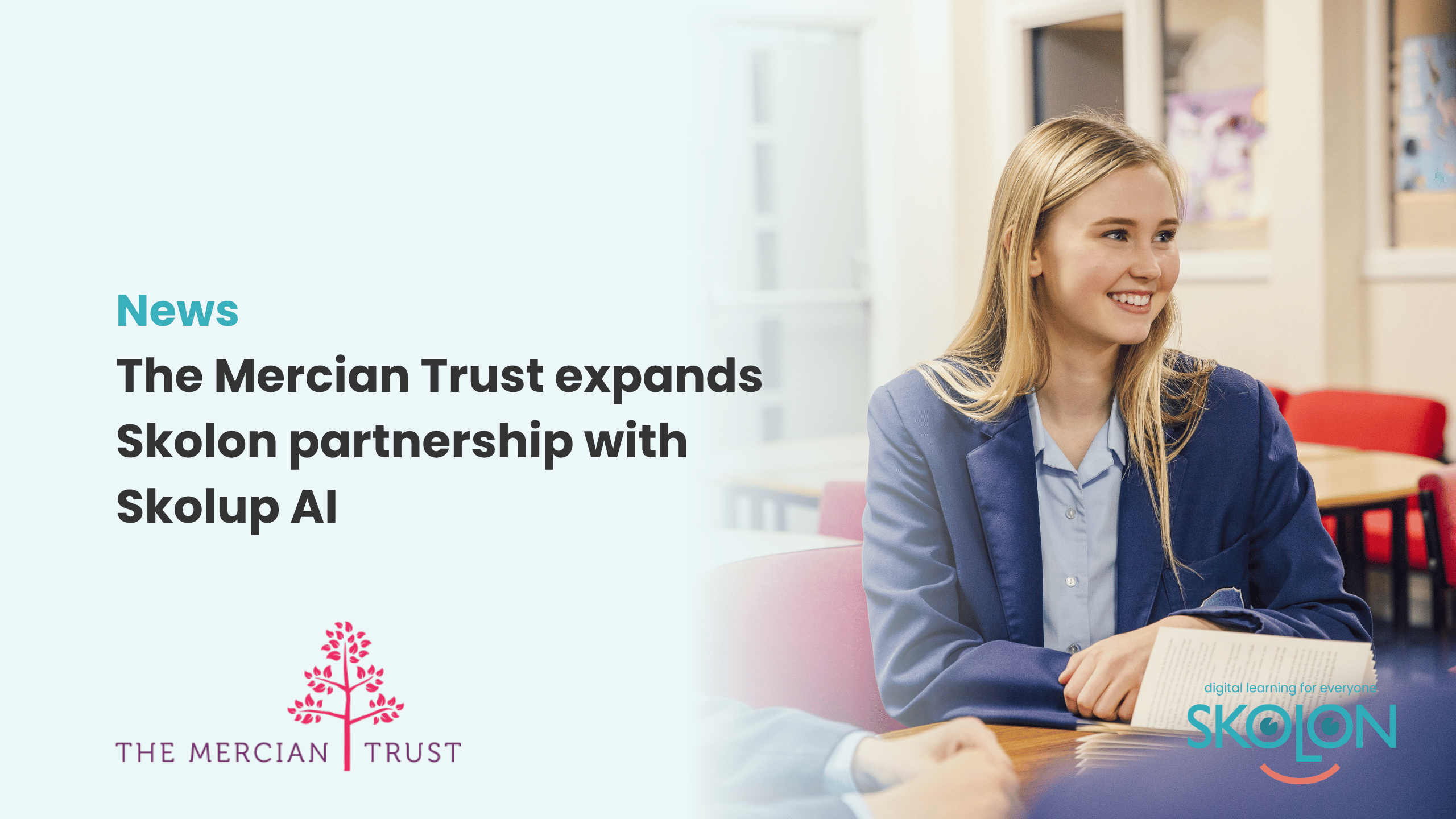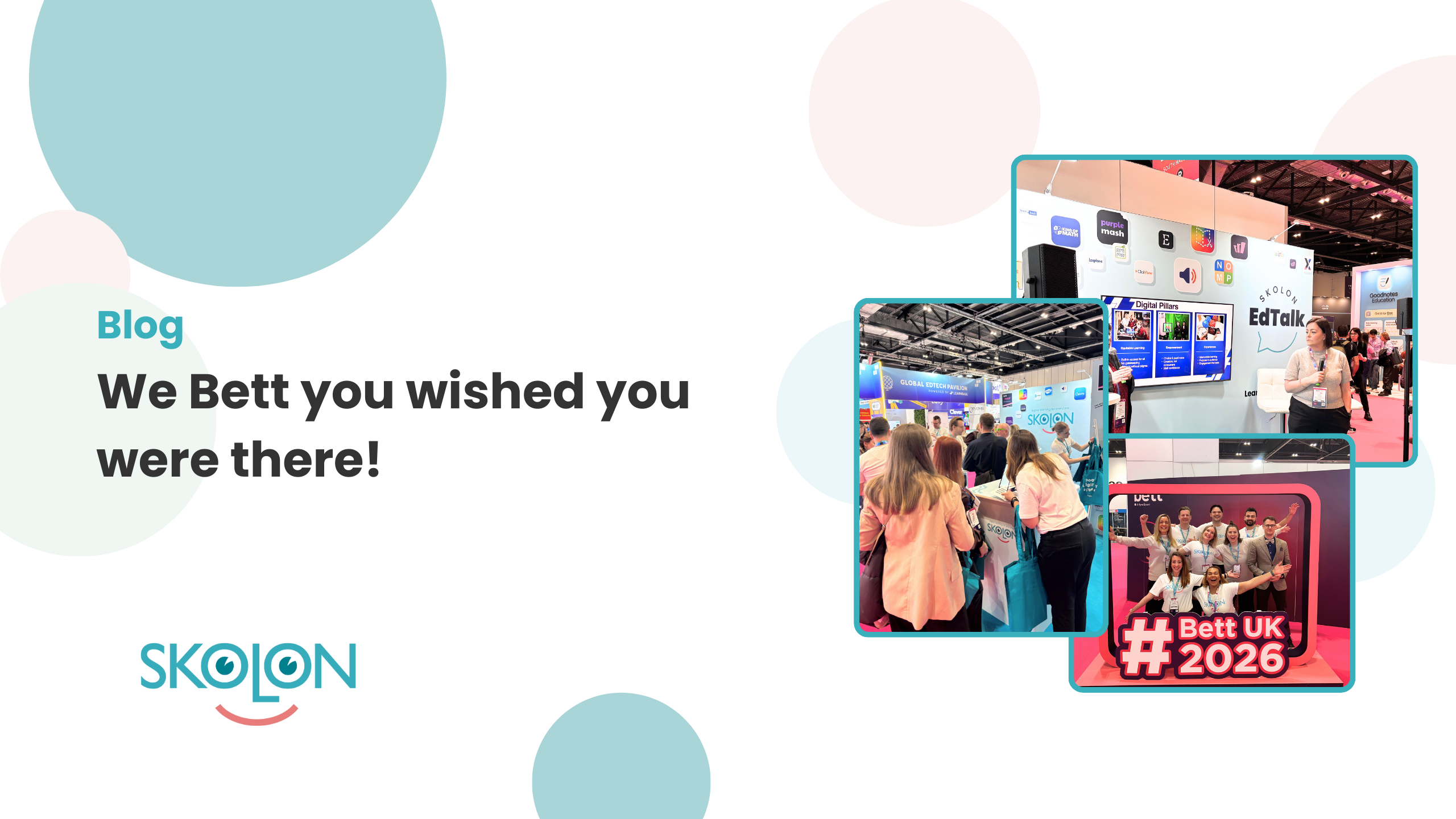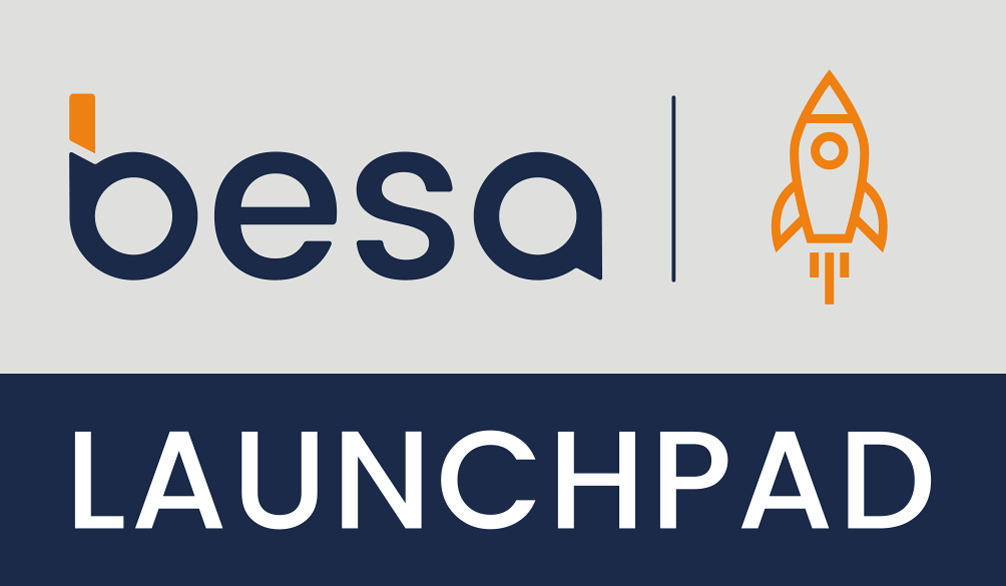Meet the Educator: Rob Cowen
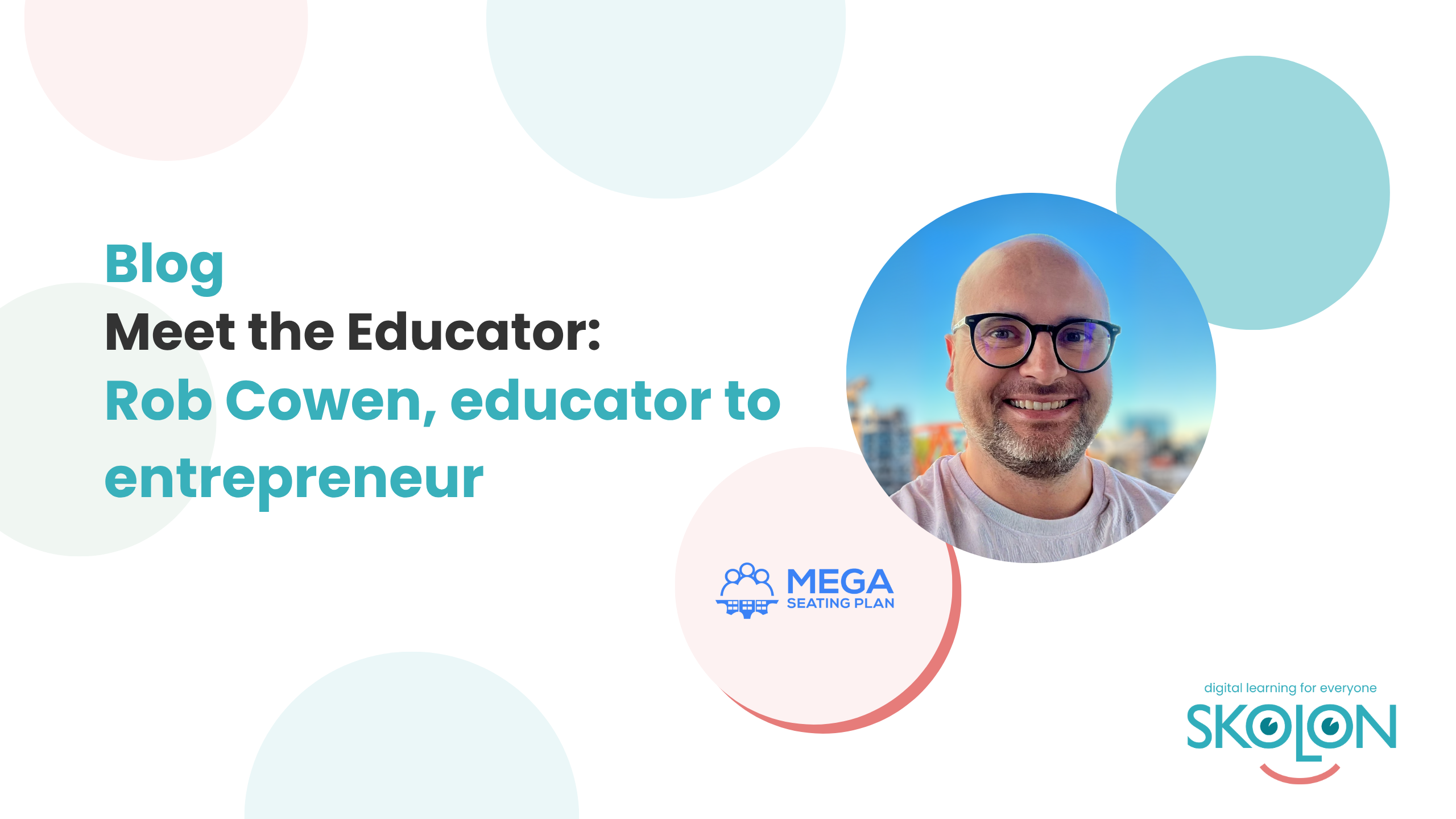

Welcome back to Meet the Educator, Skolon’s monthly spotlight series sharing the real stories and brilliant insights of educators across the country.
In this special edition, we’re excited to introduce you to Rob Cowen, a former engineer who spent over a decade shaping minds around the world (literally) as a physics teacher before making a pivot to EdTech entrepreneurship.
Driven by his desire to solve one of teaching’s most tedious tasks, Rob created Mega Seating Plan, an app now used globally to give teachers back precious hours. During our chat, Rob shared his journey from the classroom, spanning London, California, and Manchester, to running his own EdTech company.
Read on for his candid thoughts on the human-centered complexity of teaching, the biggest challenges facing modern education, and his advice for any educator ready to build their own solution.
Prepare to meet Rob Cowen!
After four years as an engineer, Rob executed a career-defining pivot, switching his focus to the classroom where he spent the next 14 years teaching.
“I primarily taught in high schools and, most recently, in a large sixth form college for seven years. I’ve taught in London, San Francisco, and Manchester.”
Rob was primarily inspired to switch to teaching because he was bored with his engineering job, finding the tasks unglamorous and repetitive. He realised that in teaching, “Every day… is genuinely different,” offering a variety and sense of purpose that his previous career lacked, even though he initially “fell into” the profession via the Teach First programme.
“My role in education now is centered on Mega Seating Plan, an app I created in 2015 out of frustration with the time it takes to make seating charts. What started as a small side project has grown, and I recently left my teaching position to focus on developing it full-time.”
After discussing his career shift from engineering to education, Rob shared his perspective on the difference between the two careers, explaining why teaching offered the variety and fulfillment he was looking for.
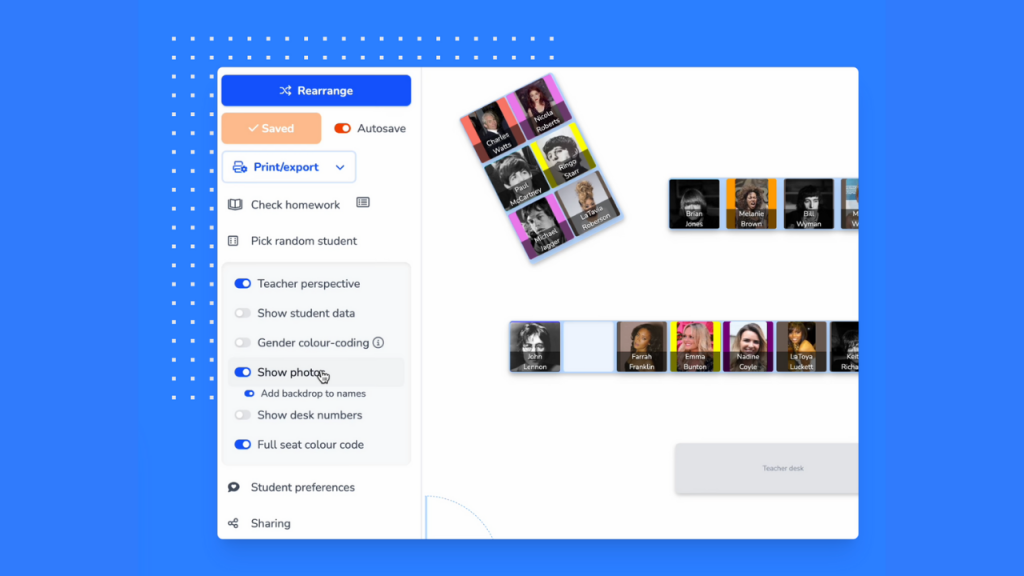
Typical day and its differences
“Teaching is kind of a funny profession. It’s very structured with a fixed structure due to the timetabled week, but the student-facing human element, when each room you walk into has 25 different individuals with their own characteristics in every class meant that every lesson was always unique.
“My work now with Mega Seating Plan is completely different. Since I run the entire operation, I wear all the hats and my day is varied and unpredictable. I handle everything from international support, starting with overnight emails from the US, to development, making me responsible for every single aspect of the company. “
With his many hats, it’s crucial to keep your eye on the prize; as such, we asked Rob what his current goals are for Mega Seating Plan.
“My primary goals for Mega Seating Plan focus on saving teachers time and removing administrative barriers so they can dedicate more energy to teaching. I’m also aiming to expand the app’s functionality to include homework management tools.”
Rob explained that the expansion will work to streamline the process of checking and recording homework, a task that he found time-consuming in his own classroom.
Expanding on this, Rob said: “ultimately, my objective is to continue improving the app by consistently adding new features to ensure it remains a valuable, evolving resource that makes educators’ lives genuinely easier.”
Back to school
Rob’s extensive experience as a physics teacher has given him a deep understanding of how technology can be used to reclaim valuable classroom time and improve student engagement. His primary method involved flipped learning, a concept he embraced to ensure students could receive vital support during practice sessions.
“I am a huge advocate for flipped learning, which reverses the classroom: students consume new content, like my YouTube videos, for homework, and we dedicate class time to practical work and practice questions. This means students can ask for help right there with me, rather than struggling alone at home. The most valuable tool I found was Edpuzzle, which makes flipped learning seamless. I can embed questions directly into a video, and it marks the answers for me, instantly identifying knowledge gaps so I know exactly where to focus my teaching.”
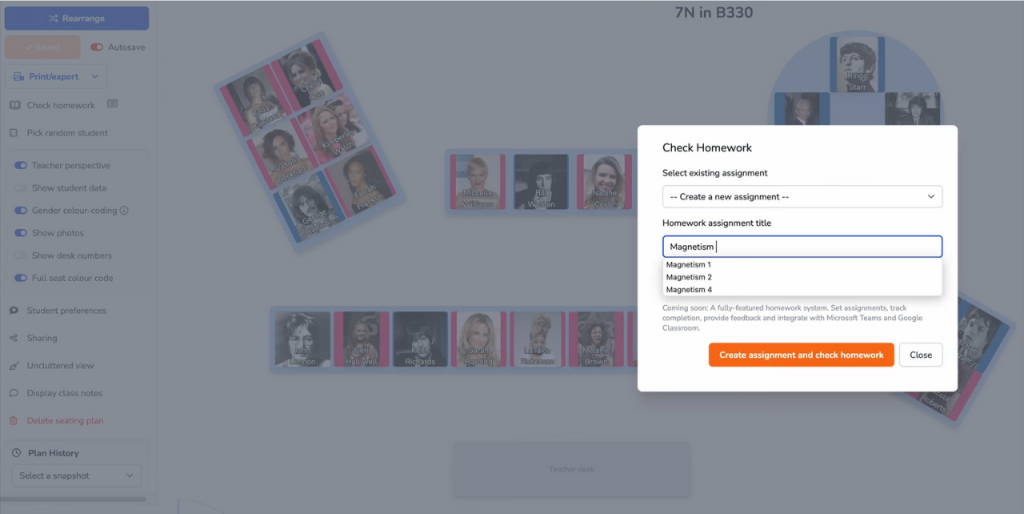
Standout successes
It is often said that the best innovations come from solving one’s own problems. After detailing his successful use of technology in the classroom, we asked Rob if these digital tools led to any visible success stories among his students.
“It’s so hard to measure, but I think using something like Edpuzzle gave me the sense that students had a better understanding. I remember times when I’d forget I’d set the Edpuzzle, start teaching the content, and realise the students already knew the stuff. That’s when I saw how effective it is. It doesn’t give them the practice they need, but it definitely primed the students, giving them that early knowledge and a solid step into the topic that I could then build on as a teacher.”
Implementing new technology
Rob’s approach to implementing new technology was driven by his personal need to solve a problem and, later, by finding tools that fit into an existing pedagogical framework. His process was largely organic, starting as a self-taught side project rather than a top-down school initiative.
“I didn’t really know what I was doing at the time, so I just cobbled the code together from various bits and learned as I went along to build this app, which nearly 10 years later, is now going strong”
Vision for the future of education
When asked to look ahead, Rob offered a clear-eyed perspective on the major forces—both challenging and beneficial—that he sees shaping UK education.
“I think the obvious answer is going to be around AI. It’s going to have some big challenges and probably also some big rewards. I think the challenges are mostly around student use of AI, and we have to adjust to that. The AI revolution will mean we won’t be using our brains in the same way as before, and education needs to think about that because there is a danger our students could get left behind.”
Finally, when asked the “magic wand” question, Rob reveals that his wish is tied directly to the administrative pain point he created Mega Seating Plan to address:
“I think marking is going to become easier for teachers. Marking is the bane of most teachers’ lives; it takes such a disproportionate amount of time and is tedious for the most part. I think AI is going to have some big impacts on that.”
Advancing towards the conclusion of our interview, having covered Rob’s career, his EdTech journey, and his vision for the future. Rob now shares his advice for any teacher who sees a problem they want to solve using technology

Advice for aspiring edtech creators
With his own app—born from “cobbled code” and self-teaching—now being used globally, Rob has invaluable advice for any educator considering turning their great idea into a technological solution.
“Go for it. I basically had to teach myself the technologies, and I was about 10 years out of date when I started building Mega Seating Plan. So don’t let the tech barrier get in your way. Especially now, AI can really help and massively speeds up development these days. The advice is to crack on and give it a go. You won’t know unless you try.”
Rob Cowen’s journey from engineering to a 14-year career as an international physics teacher, and finally to a full-time EdTech founder is a powerful example of an educator taking control of their biggest frustrations to create a solution for the global teaching community.
His candid insights into the challenges of teaching administration, his effective use of flipped learning in the classroom, and his vision for how AI will revolutionise teacher workload provide a compelling blueprint for the future of EdTech.
Rob’s story reminds us that the best innovations are born from a deep, personal understanding of the problem. His commitment to making teachers’ lives genuinely easier through tools like Mega Seating Plan ensures that his impact on education will continue to grow for more years to come.
To try Mega Seating Plan for free at your school or trust, use the button below!
Do you know an inspiring educator who is doing something truly exceptional, or is there a problem in education that you’ve created a brilliant solution for?
Please get in touch—we’d love to feature them in our series!
Information
Share this story
Subscribe
Would you like our newest articles delivered to your inbox? Sign up now!
Welcome back to Meet the Educator, Skolon’s monthly spotlight series sharing the real stories and brilliant insights of educators across the country.
In this special edition, we’re excited to introduce you to Rob Cowen, a former engineer who spent over a decade shaping minds around the world (literally) as a physics teacher before making a pivot to EdTech entrepreneurship.
Driven by his desire to solve one of teaching’s most tedious tasks, Rob created Mega Seating Plan, an app now used globally to give teachers back precious hours. During our chat, Rob shared his journey from the classroom, spanning London, California, and Manchester, to running his own EdTech company.
Read on for his candid thoughts on the human-centered complexity of teaching, the biggest challenges facing modern education, and his advice for any educator ready to build their own solution.
Prepare to meet Rob Cowen!
After four years as an engineer, Rob executed a career-defining pivot, switching his focus to the classroom where he spent the next 14 years teaching.
“I primarily taught in high schools and, most recently, in a large sixth form college for seven years. I’ve taught in London, San Francisco, and Manchester.”
Rob was primarily inspired to switch to teaching because he was bored with his engineering job, finding the tasks unglamorous and repetitive. He realised that in teaching, “Every day… is genuinely different,” offering a variety and sense of purpose that his previous career lacked, even though he initially “fell into” the profession via the Teach First programme.
“My role in education now is centered on Mega Seating Plan, an app I created in 2015 out of frustration with the time it takes to make seating charts. What started as a small side project has grown, and I recently left my teaching position to focus on developing it full-time.”
After discussing his career shift from engineering to education, Rob shared his perspective on the difference between the two careers, explaining why teaching offered the variety and fulfillment he was looking for.

Typical day and its differences
“Teaching is kind of a funny profession. It’s very structured with a fixed structure due to the timetabled week, but the student-facing human element, when each room you walk into has 25 different individuals with their own characteristics in every class meant that every lesson was always unique.
“My work now with Mega Seating Plan is completely different. Since I run the entire operation, I wear all the hats and my day is varied and unpredictable. I handle everything from international support, starting with overnight emails from the US, to development, making me responsible for every single aspect of the company. “
With his many hats, it’s crucial to keep your eye on the prize; as such, we asked Rob what his current goals are for Mega Seating Plan.
“My primary goals for Mega Seating Plan focus on saving teachers time and removing administrative barriers so they can dedicate more energy to teaching. I’m also aiming to expand the app’s functionality to include homework management tools.”
Rob explained that the expansion will work to streamline the process of checking and recording homework, a task that he found time-consuming in his own classroom.
Expanding on this, Rob said: “ultimately, my objective is to continue improving the app by consistently adding new features to ensure it remains a valuable, evolving resource that makes educators’ lives genuinely easier.”
Back to school
Rob’s extensive experience as a physics teacher has given him a deep understanding of how technology can be used to reclaim valuable classroom time and improve student engagement. His primary method involved flipped learning, a concept he embraced to ensure students could receive vital support during practice sessions.
“I am a huge advocate for flipped learning, which reverses the classroom: students consume new content, like my YouTube videos, for homework, and we dedicate class time to practical work and practice questions. This means students can ask for help right there with me, rather than struggling alone at home. The most valuable tool I found was Edpuzzle, which makes flipped learning seamless. I can embed questions directly into a video, and it marks the answers for me, instantly identifying knowledge gaps so I know exactly where to focus my teaching.”

Standout successes
It is often said that the best innovations come from solving one’s own problems. After detailing his successful use of technology in the classroom, we asked Rob if these digital tools led to any visible success stories among his students.
“It’s so hard to measure, but I think using something like Edpuzzle gave me the sense that students had a better understanding. I remember times when I’d forget I’d set the Edpuzzle, start teaching the content, and realise the students already knew the stuff. That’s when I saw how effective it is. It doesn’t give them the practice they need, but it definitely primed the students, giving them that early knowledge and a solid step into the topic that I could then build on as a teacher.”
Implementing new technology
Rob’s approach to implementing new technology was driven by his personal need to solve a problem and, later, by finding tools that fit into an existing pedagogical framework. His process was largely organic, starting as a self-taught side project rather than a top-down school initiative.
“I didn’t really know what I was doing at the time, so I just cobbled the code together from various bits and learned as I went along to build this app, which nearly 10 years later, is now going strong”
Vision for the future of education
When asked to look ahead, Rob offered a clear-eyed perspective on the major forces—both challenging and beneficial—that he sees shaping UK education.
“I think the obvious answer is going to be around AI. It’s going to have some big challenges and probably also some big rewards. I think the challenges are mostly around student use of AI, and we have to adjust to that. The AI revolution will mean we won’t be using our brains in the same way as before, and education needs to think about that because there is a danger our students could get left behind.”
Finally, when asked the “magic wand” question, Rob reveals that his wish is tied directly to the administrative pain point he created Mega Seating Plan to address:
“I think marking is going to become easier for teachers. Marking is the bane of most teachers’ lives; it takes such a disproportionate amount of time and is tedious for the most part. I think AI is going to have some big impacts on that.”
Advancing towards the conclusion of our interview, having covered Rob’s career, his EdTech journey, and his vision for the future. Rob now shares his advice for any teacher who sees a problem they want to solve using technology

Advice for aspiring edtech creators
With his own app—born from “cobbled code” and self-teaching—now being used globally, Rob has invaluable advice for any educator considering turning their great idea into a technological solution.
“Go for it. I basically had to teach myself the technologies, and I was about 10 years out of date when I started building Mega Seating Plan. So don’t let the tech barrier get in your way. Especially now, AI can really help and massively speeds up development these days. The advice is to crack on and give it a go. You won’t know unless you try.”
Rob Cowen’s journey from engineering to a 14-year career as an international physics teacher, and finally to a full-time EdTech founder is a powerful example of an educator taking control of their biggest frustrations to create a solution for the global teaching community.
His candid insights into the challenges of teaching administration, his effective use of flipped learning in the classroom, and his vision for how AI will revolutionise teacher workload provide a compelling blueprint for the future of EdTech.
Rob’s story reminds us that the best innovations are born from a deep, personal understanding of the problem. His commitment to making teachers’ lives genuinely easier through tools like Mega Seating Plan ensures that his impact on education will continue to grow for more years to come.
To try Mega Seating Plan for free at your school or trust, use the button below!
Do you know an inspiring educator who is doing something truly exceptional, or is there a problem in education that you’ve created a brilliant solution for?
Please get in touch—we’d love to feature them in our series!
Share this story
Subscribe
Would you like our newest articles delivered to your inbox? Sign up now!

